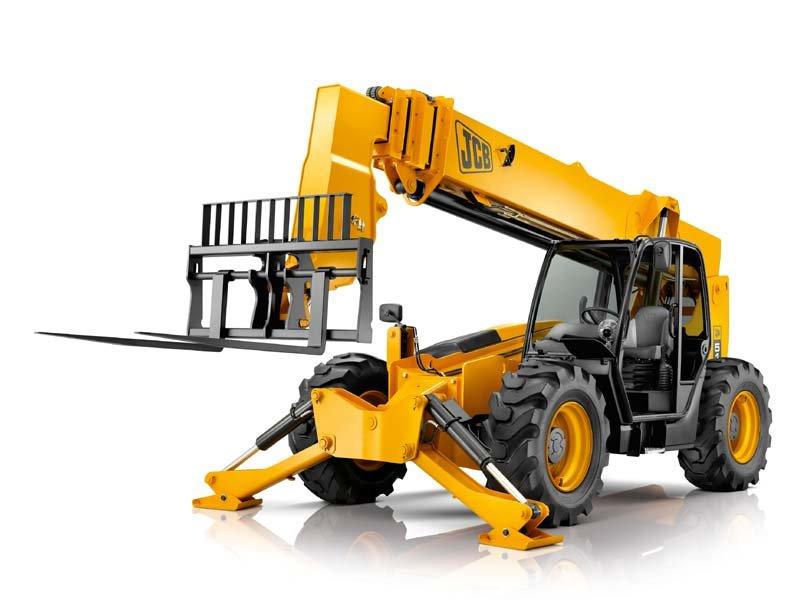Scissor Lift Rental: Safe and Efficient Raising Solutions
Scissor Lift Rental: Safe and Efficient Raising Solutions
Blog Article
Maximize Your Budget by Understanding the Prices Connected With Building Equipment Rentals
Understanding the complete extent of expenses linked with construction devices services is important for optimizing your budget. What methods can be used to effectively handle these prices and ensure a much more reliable rental experience?
Summary of Rental Costs
When taking into consideration building equipment services, understanding the linked expenses is paramount for reliable budgeting and project preparation. Rental prices can vary considerably based upon several variables, including tools type, duration of leasing, and place. The preliminary rental charge commonly mirrors the tools's market need and its linked operational capacities, influencing the overall expense.
Along with the base rental rate, supplementary prices may emerge, such as transportation charges, gas surcharges, and upkeep charges. It is necessary to account for these extra expenditures to accurately evaluate the complete cost of leasing devices. Furthermore, the rental period can affect rates; longer rentals may receive affordable rates, while short-term rentals could incur greater daily fees.

Breakdown of Rental Prices
A comprehensive understanding of rental rates is important for contractors and task supervisors intending to enhance their budget plans. Rental rates for construction tools generally are composed of several parts, consisting of base rates, time-based costs, and usage costs.
Base rates are the core charges related to the service of the devices, often figured out by the kind and dimension of the machinery. These prices can vary substantially, affected by elements such as tools demand, availability, and regional market trends. Time-based costs, which may be daily, weekly, or monthly, offer to fit various project timelines and rental periods.
Additionally, rental prices may include usage charges, which are applicable when devices is utilized beyond a defined threshold, making certain that the rental firm can make up damage. Seasonal need fluctuations can likewise affect rental prices, with peak building seasons usually commanding greater rates.
In addition, recognizing the rental business's policies concerning maintenance and insurance policy can supply further understanding right into the overall expense framework. By examining these elements, specialists can make informed decisions, making sure the selection of rental tools aligns with both task requirements and spending plan restraints.
Extra Fees to Think About
Recognizing the ins and outs of additional charges is critical for professionals to manage their total rental costs properly. Beyond the common rental rates, different auxiliary charges can considerably affect the total expense of equipment service. These costs frequently include delivery and pickup fees, which can differ based on distance and logistics involved in carrying the equipment to and from the work website.
In addition, some rental business might impose gas additional charges if the tools is returned with much less gas than when rented out. It is likewise important to be conscious of potential cleansing costs, especially for customized equipment that calls for comprehensive maintenance after usage.

Extensively examining the rental agreement and clarifying these additional costs ahead of time can aid specialists guarantee and stay clear of unanticipated prices that budget plans continue to be undamaged throughout the task lifecycle.
Upkeep and Repair Work Costs
Routine repair and maintenance costs are commonly forgotten aspects that can substantially influence the general cost of building equipment services. When renting out devices, it is crucial to think about not only the rental costs but additionally the potential prices related to maintaining the machinery in optimum operating problem.
Numerous rental companies consist of basic maintenance as part of the rental agreement; nevertheless, more extensive repair services or unanticipated malfunctions can cause added expenditures. It's vital to examine the rental agreement meticulously to understand what upkeep services are covered and what obligations fall on the occupant.
In addition, devices that is not well-maintained can bring about inefficiencies on the work site, possibly boosting and causing hold-ups job expenses. To reduce these dangers, it is a good idea to conduct regular assessments and keep open communication with the rental supplier concerning any type of see here now problems that emerge during use.
Insurance and Obligation Costs
Insurance coverage and obligation expenses are important parts that can significantly influence the total cost of building tools leasings (forklift rental). These expenses make certain that both the rental company and the client are secured from possible monetary losses emerging from accidents, damages, or burglary throughout the rental period

Additionally, clients ought to understand any kind of deductibles or exemptions in the insurance plan, as these can influence prospective out-of-pocket expenses. Comprehending the terms and problems of any insurance coverage is essential to prevent unforeseen expenses. Inevitably, budgeting for insurance coverage and obligation costs can aid ensure a smoother rental experience and protect against financial threats connected with building and heavy equipment leasing companies construction tasks.
Verdict
In verdict, a thorough understanding of the prices associated with building equipment rentals is important for effective spending plan administration. Ultimately, notified decision-making regarding tools services adds to the overall success of building ventures.
Rental prices can differ substantially based on several elements, including equipment kind, period of leasing, and area (equipment rental company). The rental period can impact prices; longer leasings might certify for affordable rates, while temporary leasings could incur greater daily charges
By performing complete study and involving with respectable rental firms, specialists can properly navigate the intricacies of wikipedia reference rental prices, inevitably optimizing their financial resources.
Past the standard rental rates, different extra fees can considerably affect the overall price of tools leasing. Rental firms frequently offer obligation insurance that covers injuries to third events or damages to residential or commercial property, while tools damages insurance coverage can cover the cost of repairs or substitute if the leased equipment is harmed.
Report this page